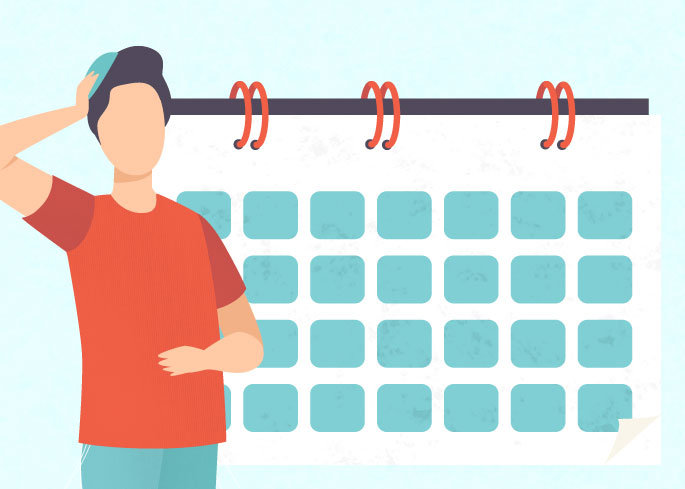Learn to check if the given year is a leap year or not, using different Java date-time classes. In Java, finding leap years involves a logical approach, and developers can leverage built-in classes for efficient solutions.
A leap year occurs every four years, with a slight twist. Years divisible by 100 are not leap years unless divisible by 400. This rule fine-tunes the alignment of the calendar to account for the extra 0.2422 days in Earth’s orbit.
1. Checking Leap Year using Java 8 APIs
Java 8 introduced the java.time package and the following classes (and methods) that can help determine if a given year is a leap year or not.
We can use now() method to get the current date/time instance that will help check if the current year is a leap year.
LocalDate ldt = LocalDate.now();
boolean isLeapYear = ldt.isLeapYear();
//or
boolean isLeapYear = Year.now().isLeap();
boolean isLeapYear = Year.of(2024).isLeap();2. Finding Leap Year till Java 7
In legacy Java APIs, primary classes to handle date and time were Date, Calendar and GregorianCalendar. To determine the leap year, we have two approaches:
- GregorianCalendar.isLeapYear(int year)
- Custom method to determine leap year
No matter what approach we use, we must extract the year value from any given date or calendar instance and then use any of these methods.
The second method uses the leap year definition directly, checking for divisibility by 4, and non-divisibility by 100 (unless divisible by 400) to determine leap years.
// 1
public static boolean isLeapYearUsingGregorianCalendar(int year) {
GregorianCalendar calendar = new GregorianCalendar();
return calendar.isLeapYear(year);
}
// 2
public static boolean isLeapYear(int year) {
if ((year % 4 == 0 && year % 100 != 0) || (year % 400 == 0)) {
return true;
} else {
return false;
}
}3. Conclusion
In Java, finding leap years is essential in several usecases such as date validation to ensure accurate and reliable date inputs or interest calculations, loan repayments, and other financial activities that accurately measure time.
Whether using the GregorianCalendar class, the modern java.time.Year class, or a straightforward algorithmic approach, developers have various options for finding whether a given year is a leap year or not.
Happy Learning !!


Comments